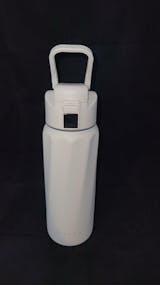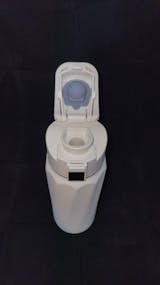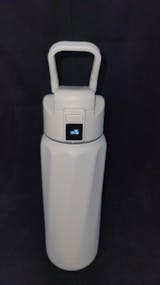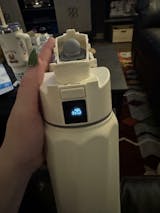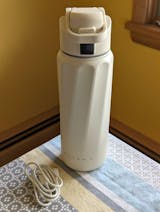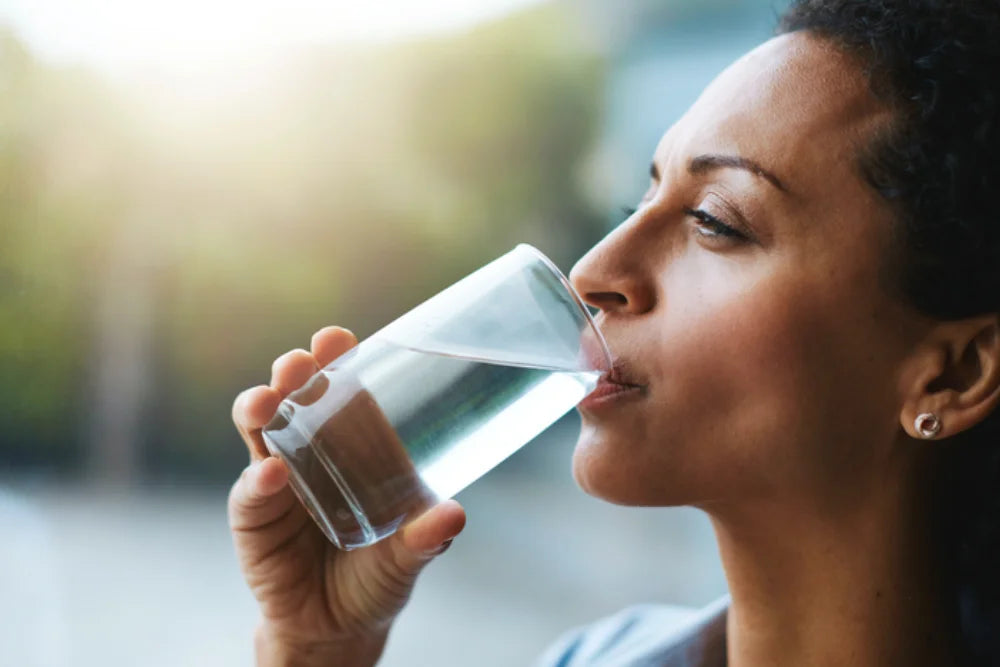
Optimize Your Hydration: The Ultimate Guide to Water Absorption, Drinking Techniques, and Best Practices
In this post, we`re going to look at the journey water takes through your body, understand how quickly water is absorbed, and the difference between gulping and sipping. Next, we`ll understand the absorption rate of different fluids, the difference between water temperatures, and lastly, the container in which you drink your water. By answering these water-related questions, you’ll quickly learn the best way to optimize your hydration.
Where does water go after you drink it?

The moment water leaves your mouth it has a journey to make. It goes through the esophagus, down into the stomach, and passes through the small and large intestine. From there it enters the bloodstream where it is sent to the liver, and heart, passes through the blood again, is absorbed by the cells, more blood, the kidneys, and the bladder, where it ends up in the urinary tract to be released.
While most of the water will be processed by your kidneys and leave your body through urine and stool, it’s important to remember that some will also leave through your sweat. The more you sweat, the more you need to hydrate.
How quickly is water absorbed?

The rate at which water is absorbed depends on a few variables. First, how empty – or if you prefer to view the positive side of things – how full your stomach is. If it’s empty, the rate of water absorption will be quick.
If it’s full of food, the rate of absorption will slow down as it’s now in direct competition with the food inside your stomach. That said, water absorption occurs anywhere from five to twenty minutes post-ingestion.
Imagine your body like a well-watered machine, the better hydrated you are overall will also affect how quickly the water is absorbed. What may surprise you is that if you are dehydrated, it can take your body three times longer to absorb the fluid.
This is because dehydration causes your stomach to produce more acid. The more acid in your stomach, the slower your body digests. This might lead you to want to drink more water more quickly but hold up. There is a way to optimize the speed at which you drink.
Is there a difference between gulping water and sipping water?
First, chugging water will fill up your stomach faster and cause the nerve receptors in your stomach to give the “I’m full” signal to your brain. Next, drinking water too quickly means you could upset your body’s electrolyte balance.
What’s electrolyte balance, you ask? It’s the ratio of water to salts in your body, and we don’t mean table salt. Your body is made up of essential minerals, such as phosphate, calcium, and potassium, that are vital for your body to function properly.
We’ve also talked about using the colour of your urine to determine how well-hydrated a person is. The paler the colour, the more hydrated you are. You may have noticed that your urine first thing in the morning is dark yellow, and this is perfectly normal.
But if you decide you want to chug a litre of water first thing, you can, but all you’ll do is flush out your system. And while you’ll certainly wake up the cells in your body, your kidneys will have to filter it out as excess water and the other tissues and muscles won’t get to absorb the water as well.
Ultimately, sipping it slowly throughout the day allows you to absorb the water at a slower pace, and is better for your body. This is the optimal way to hydrate your body.
The absorption rate of different fluids
Water is naturally absorbed more quickly than other liquids. Why is this? Because your body doesn’t need to convert it to anything else. Liquids that have carbohydrates (think sugar), fats, proteins, and colouring, take longer for your body to absorb. The more complex the fluid, the more your body has to break it down before it can turn its attention to the water in the drink or meal, such as a smoothie or a bowl of soup.
Does temperature matter with water?

In some cases, it’s simply a matter of preference, but in terms of optimizing your hydration, science does have an opinion. First, cold water to an athlete seems to cool them down faster. The body registers its intake more efficiently.
Next, the addition of ice also helps you burn more calories. For every ounce of ice your body consumes, it takes five calories to melt it and bring the liquid up to body temperature. Cold water also empties more quickly out of your stomach compared to warm or hot water and therefore is absorbed faster by the rest of your body.
That said, while drinking warm or hot water won’t optimize your hydration, it will help with trips to the bathroom. Hot drinks also seem to help with mental health. As Sheldon Cooper has often noted in The Big Bang Theory, when someone is upset, it’s customary to offer them a hot beverage.
So, what’s the best temperature to optimize your hydration? Science is giving the nod to colder water, but don’t feel as though you can’t drink your morning coffee anymore because it’s not the only way.
Does the water container matter?
First, plastic water bottles contain bisphenol A (BPA) a chemical that has been linked to cancer. Next, plastic water bottles are horrible for the environment and are still filling up our landfills. It takes a whopping 450 years for a plastic bottle to decompose in a landfill. And while those facts may not actually do anything for your water levels, we still think they’re relevant.
Drinking from a refillable water container is not only better for the environment, but it also doesn’t include harmful chemicals that are found in plastic counterparts. Next, having a reusable water bottle helps you to keep better track of your water intake, as you’re reusing it, you’re aware of how many times you’ve refilled it.
Want to truly optimize your hydration? Having an intuitive reusable water bottle such as the WaterH Boost allows you to track your water on the bottle and sync it with its app. The built-in filtered option also lets you eliminate heavy unwanted metals and unwanted particles, therefore allowing for the cleanest form of hydration.
Lastly, it allows you to register the total dissolved solids (TDS) in your water to ensure that the water you’re drinking is quality water.
Conclusion
When it comes down to optimizing your hydration, remember the following. Drink consistently throughout the day, colder water is better absorbed, particularly for those who like to stay active, sip your water over chugging, and use a reusable, preferably smart, water bottle for optimal hydration. Follow WaterH to find more tips for staying well-hydrated.













